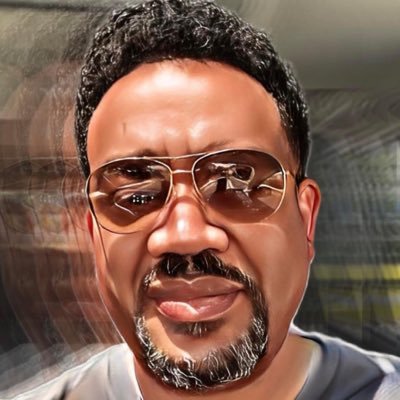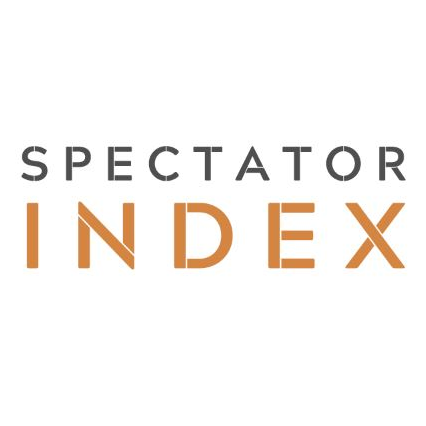Jimmy Carter is dead at 100. I'm sad to say, but in the 2010s he worked to strengthen the Communist Party of China, and the leadership of Xi Jinping.
For my 2022 book America Second, I investigated t
Jimmy Carter is dead at 100. I'm sad to say, but in the 2010s he worked to strengthen the Communist Party of China, and the leadership of Xi Jinping.
For my 2022 book America Second, I investigated the Carter Center and its links to Beijing. Here's what I found:
First, some background: for decades, the Carter Center worked to promote village elections in China, to try to encourage the spread of democracy there: a worthwhile task.
But when Xi came to power, Beijing prohibited Carter from working on village elections. Instead, Xi reportedly suggested Carter improve the U.S.-China relationship -- which Carter interpreted, accurately, as a call to help preserve the Party.
In 2015, the Carter Center partnered on a "scholarship exchange" program and conference with the Global Times, a jingoistic Party newspaper.
The Carter Center claimed that its website , which it launched in 2002, "became the most visited political reform portal inside and outside China." That might have been true years ago, but when I reported on it for my book, in August 2021, the top story was about Xi's calls to strengthen the Party.
(The longtime head of the Carter Center's China program expressed "firm disagreement" with my characterization and said that the Carter Center's China programming "has played an instrumental role in promoting China's democracy and liberalization."
When Carter spoke about China later in his life, he did so in an almost uniformly positive tone. China, Carter said in April 2019, is "ahead of us. In almost every way."
Carter did wonderful things as an ex-president, an eschewed the consulting that marred Clinton's reputation. It's a shame he did what he did on China.
 Bishop Talbert Swan
Bishop Talbert Swan
 Bishop Talbert Swan
Bishop Talbert Swan
 The Spectator Index
The Spectator Index
 Isaac Stone Fish
Isaac Stone Fish
 non aesthetic things
non aesthetic things